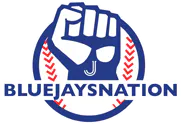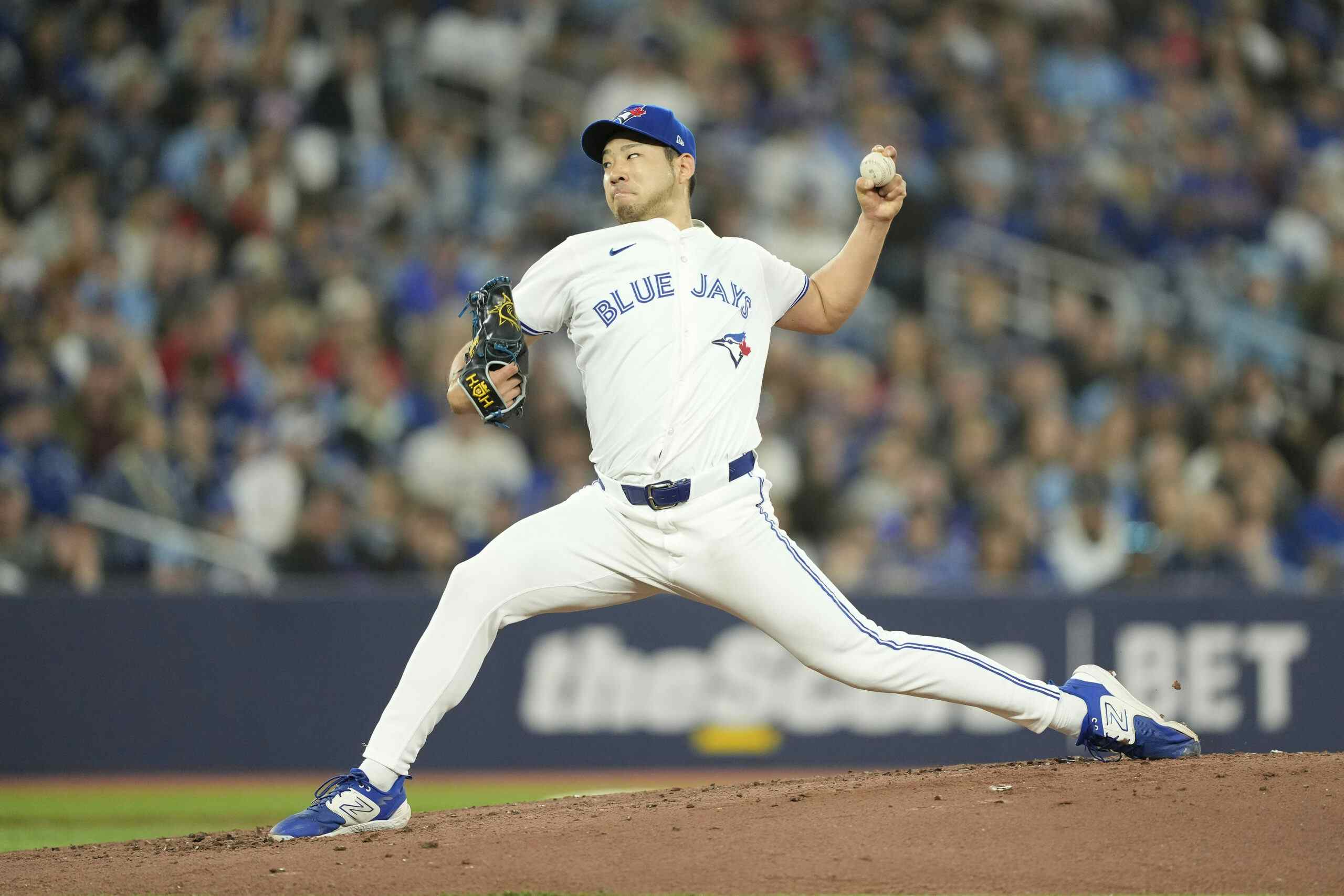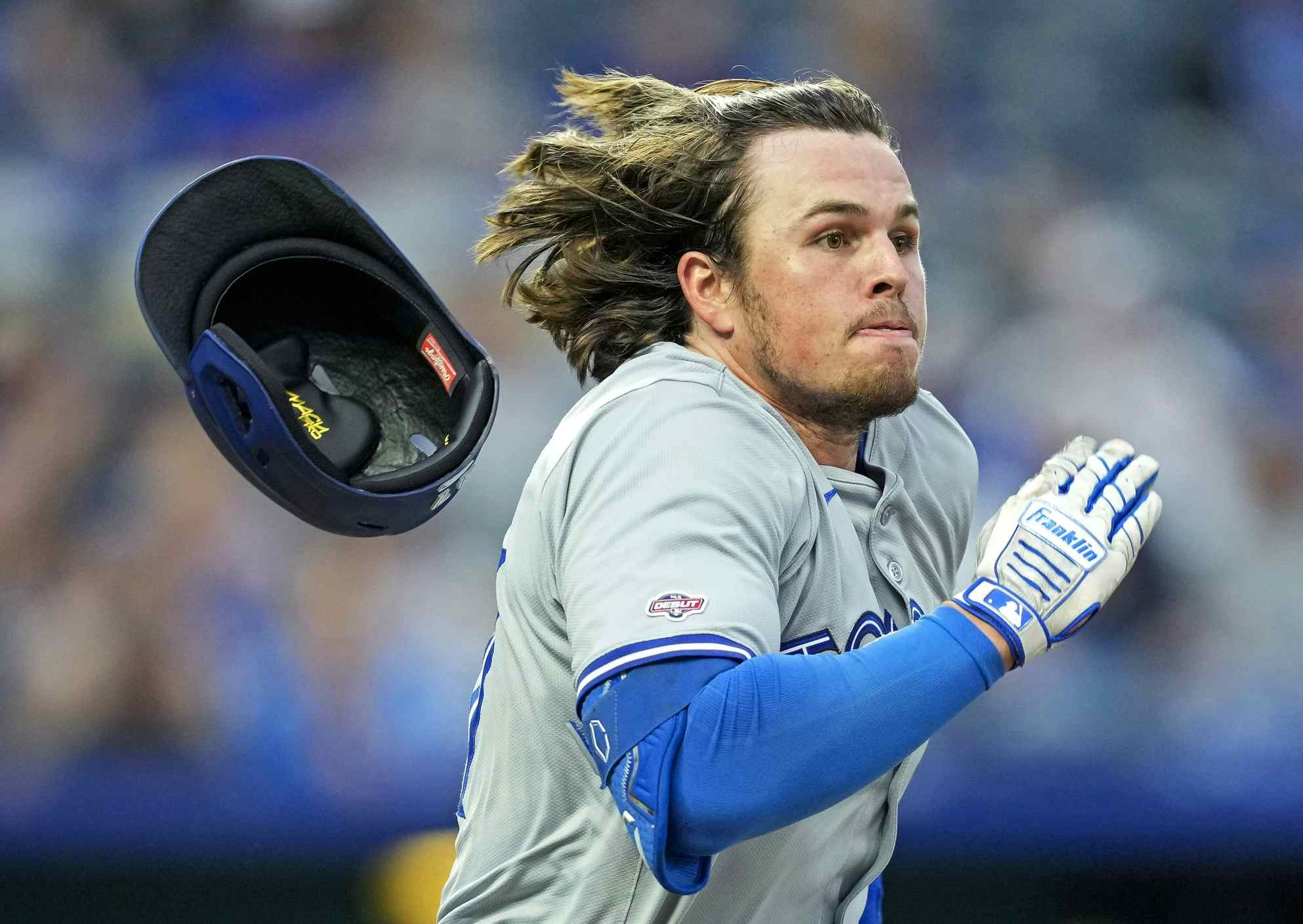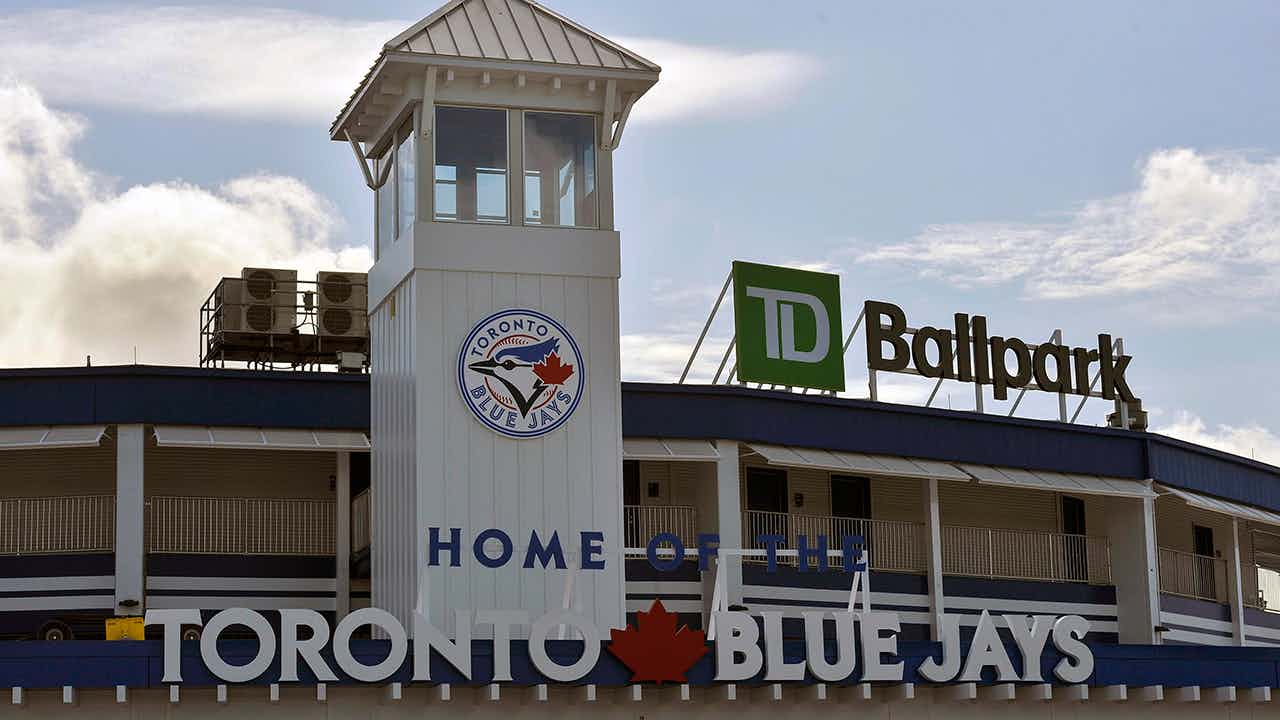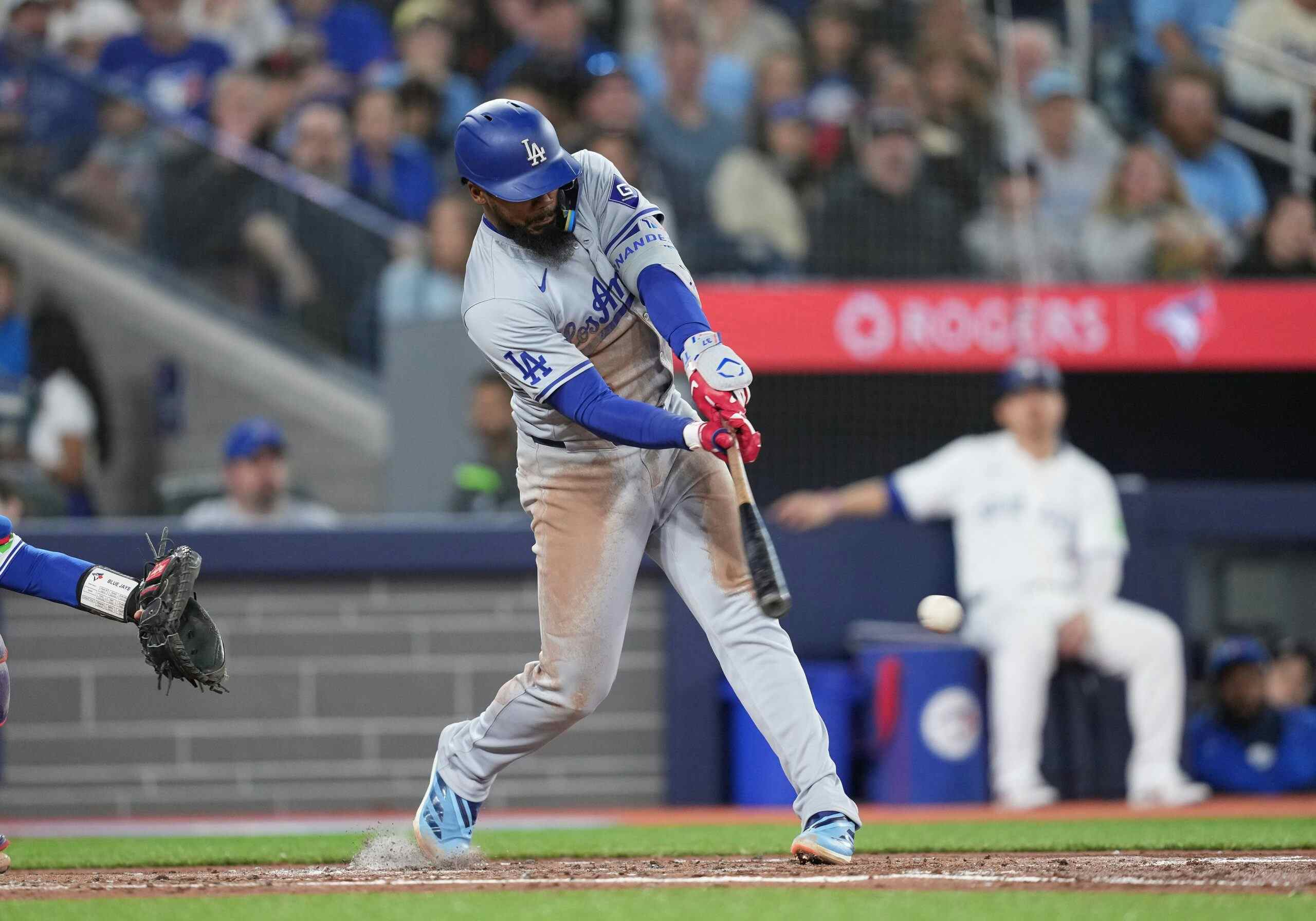Jays Droppings: Life, Learning, and Baseball: An Interview With Mark Shapiro
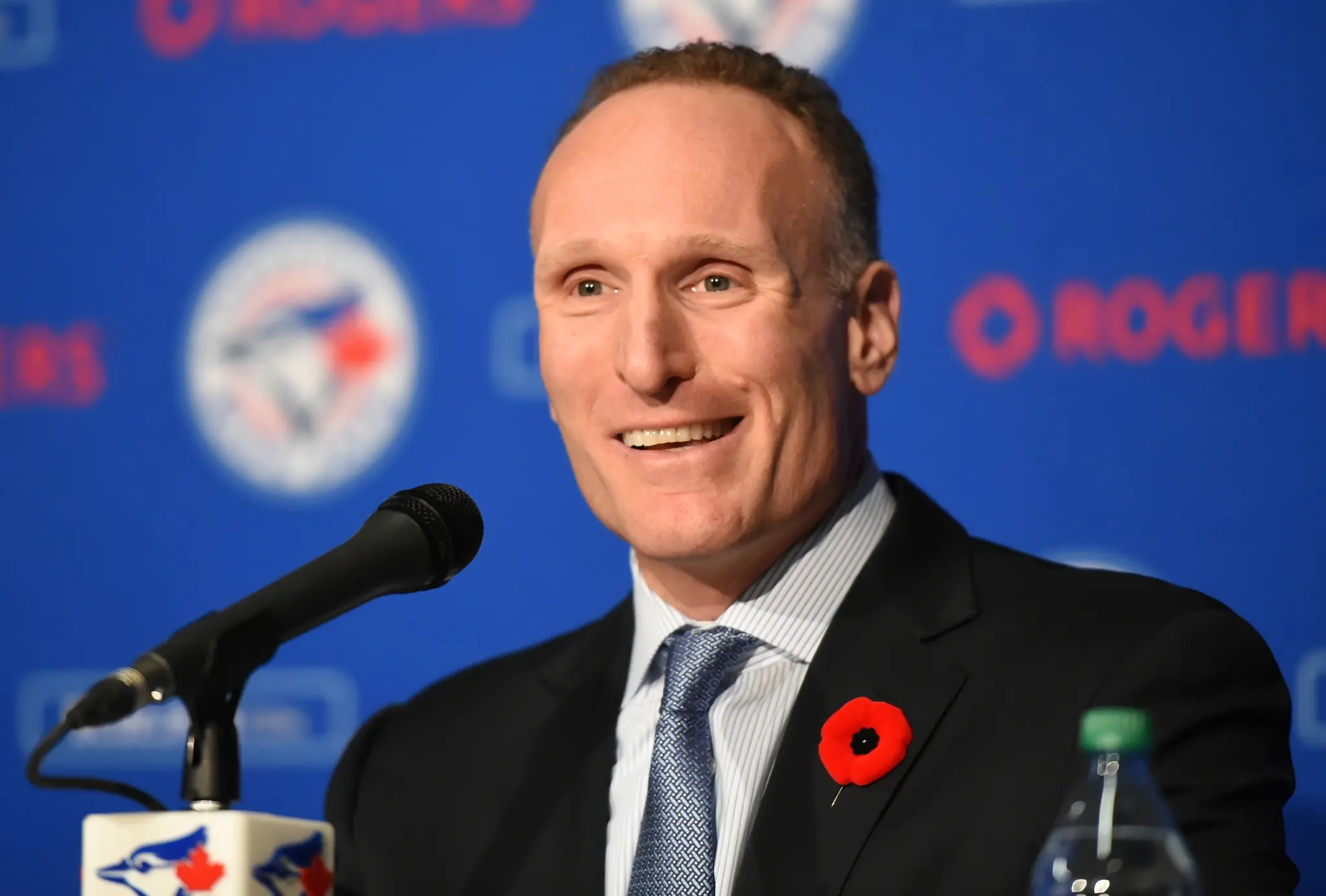
In society, so many of us have our set of responsibilities, as we contribute our time to making ends meet. But making ends meet isn’t always why we wake up every morning, is it? For some of the lucky ones out there, they get to wake up every day and do what they love to do. And sometimes for others, they feel stuck in a dead end job that leads to nowhere, hoping that change is around the corner. Either way, each one of us helps to gently spin this ol’ earth around in whatever way we can. It doesn’t matter how you contribute, just as long as you contribute.
This isn’t some ‘Horatio Alger’s Ragged Dick kind of nonsense’ that I’m typing up here, it’s just that hard work is kind of what it takes in this world – as most of us already know.
And listen, of course, life isn’t supposed to be some easy ride, or some kind of fun little trot around the bases. Sometimes waking up and going to work is hard. And most of the time, all the hard working people out there don’t make enough money to live a life without worry. Sometimes people are only a two-week paycheque away from the streets. I know what it’s like to make the wrong decisions, to take a detour, but I’ve always stepped up to the plate. As long as you are willing to get into the batter’s box, sooner or later you’re going to get on base.
And the reason that I’m typing up whatever these thoughts are with some lame baseball clichés is because I would have never imagined when I started this little ‘hobbyist’ Blue Jays blog journey of mine, that I would end up interviewing, Mark Shapiro, the president and CEO of the franchise. He, like the rest of us, puts one pant leg on and then the other. He is no different than anyone of us. He has a hard job that has a slew of responsibilities that take up a lot of his hours during the day. He has a family, friends, some time on earth, and wakes up every morning so that he can do the best that he can in every moment that awaits him in each passing hour.
He is not some evil American corporate person who was hired by big bad Rogers to ruin the lives of so many Blue Jays fans. He’s here to do quite the opposite, and it’s someone like Mark Shapiro who understands what it takes to be successful.
Lately, he’s been under what I’d call unfair criticism by some in local media, who continue to type up thoughts that attack him and his way of doing things. Sure, I understand that he holds a position where he is exposed to that kind of thing, and I’m sure that he has a thick skin after years in the baseball business, but the noise from the media beat recently often hasn’t been right – or just, for that matter. But at the end of the day, Mark Shapiro is one of the lucky ones in this world, who gets to do what he loves, so I’m sure he is quite good at cancelling out all the surrounding noise.
Heading into this interview, I had all my questions prepared, but I really wanted it to kind of not feel like some sort of forced conversation. I think you may find what we had to talk about interesting. I decided to break the interview up in different sections, so hopefully there is something of your interest in what we discussed.
***
Getting to Know Mark Shapiro…
The conversation began casually enough, with some talk my stepdad’s great love of the Cleveland franchise. He’s a big fan of what Mark Shapiro did for the team, as he still wishes that Mark was still with the organization and Mark kindly responded:
Mark: Well, tell him that I still kind of am. Twenty-four years doesn’t get out easy and all those guys … I’m a part of all those guys and all those guys there are still a part of me, because it’s just so many years, man. Chris Antonetti was my assistant for 9-years, and every one of those guys was brought in and brought together during a long period of time, including the whole farm system.
Mark went onto ask why my stepdad was a Cleveland fan, and I explained to him that he fell in love with the team as a kid and listened to them on the radio. He took a real interest in wanting to know, so I spoke about how he still talks about the 1954 season, when Cleveland went 111- 43, then got swept by the New York Giants in the World Series. And Mark made the very interesting observation that such a season, “actually speaks to the randomness of the postseason.”
I reminisced about what my stepdad said to me when I was a thirteen-year-old after witnessing our Blue Jays win back-to-back World Series’, as he made it clear to me that I was very lucky to have been able to see this because it rarely happens, if ever.
“And the rest of your life has gone on to prove that right,” Mark added.
I mumbled a bit about how, as a youngster, I was used to winning teams — all those great Jays teams, before the strike happened and the bad jerseys and dreadful years that followed — and I then made sure to tell him that when he was hired on as CEO and President my stepdad texted me immediately and said that our organization was in good hands.
I told Mark that I like the idea of the collaborative approach to baseball operations he often speaks, then asked what that one deciding factor was that had him thinking “Yes, I would like to be the CEO and President of the Toronto Blue Jays.”
Mark: The short answer is that there wasn’t one factor. Anytime that you consider a move of that magnitude, it’s about what it means and for not just me, but for my family – along with twenty-four years of ties to both an organization and a community. So it takes a combination of factors starting with the city and the country and then gong to ownership and the ownership group, and just the opportunity. You know, I think that there are some unique attributes in the role as it was portrayed.
I wanted to just try to get know Mark as a person, so I thought I should ask some different questions, rather than any that would generate some kind of ‘typical’ response. I asked him how the transition into Canada and the GTA has been for him and his family.
Mark: Well, ahh, not to dwell on the political nature of life, but in light of what has transpired in the US, I think my family and both my wife and I feel fortunate to be here, at this juncture of American politics. Um, that’s one thing. It’s been a little slower for my kids who are adolescents, but I think for all of us, despite missing friends and the community, we all have an appreciation for just how incredible the city is and some very positive feelings about being in Canada as well right now.
I thought I should lighten up the mood, so I tossed him a real knuckleball of a question, asking him if he tells his family and friends that he lives in Toronto or “Turonno”?
Mark: (Laughing) I’m still conscious of not trying to sound artificial, so I still say Toronto, but I am starting to leave the ‘t’ out on occasion. My kids are definitively adopting accents already, it’s kind of funny to hear.
I asked him, :”by the time you and the organization bring a World Series to Toronto, will you be saying Turonno?” He didn’t hesitate, telling me, “Well, I hope it’s so quick that I hope I don’t change my pronunciation by then.”
After touching on some light topics, I decided it was time to throw the high and inside heat, so I mentioned how J.A. Happ has had a hard time adjusting to our bagged milk in the bags, so I asked if there has been any sort of Canadian way of doing things that has had him a bit confused. He told me about how different it’s been using Amazon Prime — “a way of life for me in the US, and it certainly is not the same up here” — which I followed up by asking about everyone’s favourite “local cuisine” (as he referred to it), ketchup chips:
Mark: My kids have definitely sampled all the local cuisine. And ketchup chips is something I heard my daughter having a long conversation with her friends about.
I asked Mark if he had any fun hobbies outside of work, but sadly because of the nature of his job, he said he really has no time for anything else. But he added that he does make sure to be active at the gym and live a healthy lifestyle. Then I tried to throw him another curve, asking if he was more a Scorsese type of guy – or Spielberg. He seemed hesitant to answer, but did, ultimately choosing Scorsese. “I love complex characters,” he said. (Author’s note: Jaws is a complex character, often over looked by too many critics!)
* * *
About His Philosophy, Sort Of…
Since our conversation had started to move in the direction of the arts, I asked Mark what book he was reading right now, and he seemed quite excited to share.
Mark: I’m reading a book called Essentialism: The Disciplined Pursuit Of Less by Greg McKeown. My best friend recommended it to me and handed me a copy and it’s about the ability to prioritize and that ability, I believe, is a separator in leaders. So this is kind of extending that prioritization to, you know, how you live your life.
I asked if there was certain quote that kind of sticks with him, you know, like a Friday Night Lights, Coach Taylor, kind of ‘Clear Eyes. Full Hearts. Can’t Lose’ sort of thing.
Mark: Yeah, I’ve got on my wall a quote from a New Zealand sheep farmer who is a mayor of a small town, whose son is a performance coach, who does some work with us in leadership development. It’s a pretty simple quote, but it’s something that I try to think about everyday. So this is the quote, “You’ll be the same person in five years as you are now, except for the books you read and the people you meet. Always be a learner, son.”And I’m a big believer in working in a learner culture, and I think that humility is kind of the foundation to that, and that leads to openness and the idea that you need to be open to ideas from any place and anyone, and not so arrogant to think that you have it all figured out. If you’re open, then you are likely to learn. And if you’re learning, you’re getting better everyday. And you’ve probably heard that, that’s our general philosophy across players, coaches, and front office; we just want to get better everyday.
I you’ll permit me an aside, the truth is that this type of thinking is why I like Mark Shapiro and his forward way of looking at things. He has a proven record in Cleveland and has done great things to improve Progressive Field, as well as helping to bring back the team from horrific years that, truthfully, kind of reflect what happened here in Toronto in the mid-to-late nineties and terrible Y2Ks.
Interestingly, after I again mentioned my appreciation for the collaborative approach, he said that he doesn’t think giving someone full autonomy is the way to go about business or running an organization.
Mark: I’ve never understood and never felt that there is one person out there that is that much smarter, or that much better than a group of people, with a group of experiences, and collective intellect, and collective skill sets. If you were able to really create a culture where people feel safe and empowered, how much better can you be? That’s always been my thought.
* * *
About The Rogers Centre…
After Mark opened up about his philosophy and creating a successful workplace culture, the conversation shifted to us talking about our dream jobs as kids. He admitted that no one ever dreams of being a front office guy, and that he definitely dreamed of playing for the Baltimore Orioles. I, of course, shared how my dream was to play net for the Toronto Maple Leafs, at which point he got a bit nostalgic and talked a bit about his Dad and watching the Orioles from the third base side and seeing the tail end of Brooks Robinson’s career.
It seemed as though the conversation was flowing quite well between the two of us, but once the good ol’ days talk kind of dried up, I asked him if it would be okay if we got into some questions about the Rogers Centre. I jokingly asked him if he plans on putting grass in and replacing the turf, which provoked a laugh, before we moved on. I then noted that a lot of fans are put off by the Ted Rogers statue and that many of us wonder if we will ever see some sort of bronze statue “Row of Excellence” outside a gate at the Dome, which would pay tribute to some of the great moments and ball players in Blue Jays history. Mark was enthusiastic when answering:
Mark: We did statues at Progressive Field in the last five years. We kind of added one statue every year, as we renovated the stadium, and I really like that, ya know, kind of celebrating the icons of the team. I feel like the Blue Jays history is just getting deep enough now that you’ve got those types of players that you want to celebrate. Ya know, you don’t want to do it too early in your history because you’re going to keep getting great players, but we’re getting to that point, and I think that I would welcome that, and it would be a good addition when we start to think about the exterior. I would imagine that once we start our renovation, the interior will be the first place we start though.
I figured that since we were on the whole Rogers Centre topic, I ought to mention that the food options aren’t the greatest, nor do they represent the cultural diversity of this great city. I asked him what his future plans are about addressing this issue and if local restaurants — like Caplansky’s Deli, California Sandwiches, etc. — would ever be a part of the baseball experience in Toronto.
Mark: If you look at Progressive Field, we talked to our fans and brought in all the iconic restaurants in Cleveland and had them each determine if they could set up a concession-friendly model that was kind of a faster turn around — whether it was local grill cheese sandwiches or a brewing company. I think what we struggle with here is the nature of the concourses as they exist today can’t fit that and, ya know, retro fitting it would be a major issue. We also need to work with our concessionaire on that. We can’t just unilaterally do that, so we had looked at that and thought about that within a context of a broader renovation in the stadium, and if the stadium renovation timing gets pushed back that could be something that we could see if we could do. But the scale of it would not be big unless we were able to renovate and create bigger concourses. It’s something most fans don’t think about, but the concourse dynamic is pretty limiting for us right now.
* * *
About The Future And The Farm…
After talking a bit about Rogers Centre, I really wanted to shift the topic towards the farm and prospects, so I gently touched on how excited he thinks that fans should be about Logan Warmoth and before I could even get into Nate Pearson, he became the subject:
Mark: Well, I think, that Nate Pearson might be the guy if fans are going to focus on one guy initially. But listen, this is what I always say: when you’re trying to build back a base of talent and you’re thinking about what the best way to do that is, if organizations are focused on one player, and telling you about holding up one or two or even three players as kind of the evidence that they’re moving in the right direction, then you’re probably in trouble. You know, ultimately, what you need to do is have a depth of talent. You want to get waves of talent coming where you’ve got fifteen to twenty guys you’re excited about and feel good about. So, I think, ya know, we’re far better today both by our own standards and by the external subjective standards. We’re far better today than we were a year ago, but we still have a long way to go before we get to the point that we feel really good about our farm system. Adding in names like Pearson and Warmoth in one draft get us moving in the right direction, but we need a mass of talent.
I, of course, got excited about his grassroots approach, because it seems like the most organic way to really build something that will be able to compete, not just in the short term, but in the long term too. Mark jumped in:
Mark: It’s the only way to build something sustainable and it can win. We can only trade sixteen prospects one time, right? Like we now need to build and, if you want to sustain it, we need to have a championship caliber farm system that gives us both our own type of players as well as efficiency within our roster and allows to balance age as well.
After Mark spoke about this, I told him that I find it incredibly frustrating that a lot of fans out there seem to have difficulty understanding what exactly he and the FO are doing with this organization, as they continue to put into practice what I believe is the proper philosophy to building a successful organization.
Mark: I think that you ultimately have to perform and show results, and then people understand. Talking about (building the farm) is just too abstract, but we will continue to explain what we’re doing and why we’re doing it. In the end what we need to do is show why that works. And obviously I do think the right model is obsessively focused on continuing to bring in talent, and when you do that, you will have the efficiency to be able to play more effectively in free agency or make trades. It’s not like we don’t want to make trades, or play in free agency. You just can’t build a team that way and you don’t want to get old all at once. You know, you want to make sure that we balance getting old and balance the age of our players.
I made a quick comment about last year and the health issues that many players suffered throughout the year and Mark jumped in:
Mark: Our biggest issue is that we have to stay healthy. And our age right now is a challenge. And so it (last season was) somewhat of luck, but it’s also somewhat the byproduct of, you know, a roster that needs to be more balanced age wise. We do have work to do to get younger.
I mentioned that they seem to be in a phase of crossing a bridge to the future and noted that, I believe, the first three months of next season are probably really going to determine the future for certain players on this team.
Mark: That’s an accurate assumption. But I still feel like we have great players, and if we stay stay healthy, we will be in good shape.
* * *
Roy Halladay Tribute…
Lastly, I wasn’t sure where to include Mark’s thoughts about how the organization plans to pay tribute to Halladay, so I thought that saving them for the conclusion would be the best. We were talking about old Municipal Stadium, my memories of going there as a kid to watch the Blue Jays in ’92, and then the conversation shifted to the tragic death of Roy Halladay, and how the team plans to honour him next season.
Mark: We’re actively kind of getting the group of people here together to determine what the best tribute to him and his legacy would be. We already have a couple things that we know we’re going to do, and then something more lasting. We’re trying to get a couple people here who actually knew him, and were so close to him, that we want to make sure that we do the right thing.
* * *
Even after this chat, which he was kind enough to grant me the time for, I really don’t know Mark Shapiro any more than any other Blue Jays fan. I’ve listened to my stepdad, whose opinion I hold in high regard, tell me over the years the great things that he did for Cleveland’s organization. I have read the same articles as many of you and listened to the same subjective outside voices within the media, which seem to try to paint their own picture him and the new front office.
I think it’s fair to say that Blue Jays Nation seems to be divided at this point in their view of the new regime. But I also think that there hasn’t been enough time for anyone to judge what the current group of executives have done, since they have really only just begun implementing their own methods, in terms of how to properly build a successful organization.
I’m not sure if this famous Bob Marley quote works here, but “Before you start pointing fingers, make sure that your hands are clean.” And before Mark Shapiro was even given the opportunity to introduce himself, many Canadians were quick to judge him in rather ignorant fashion. Don’t you think we’re better than that? I think so. And I think it’s important to give this man a chance. It was clear before I sat down with him, and is even clearer to me now, that he wants what we all want and that, of course, is to hang another World Series banner in the place we all call “Dome.”
Recent articles from Ryan Di Francesco
